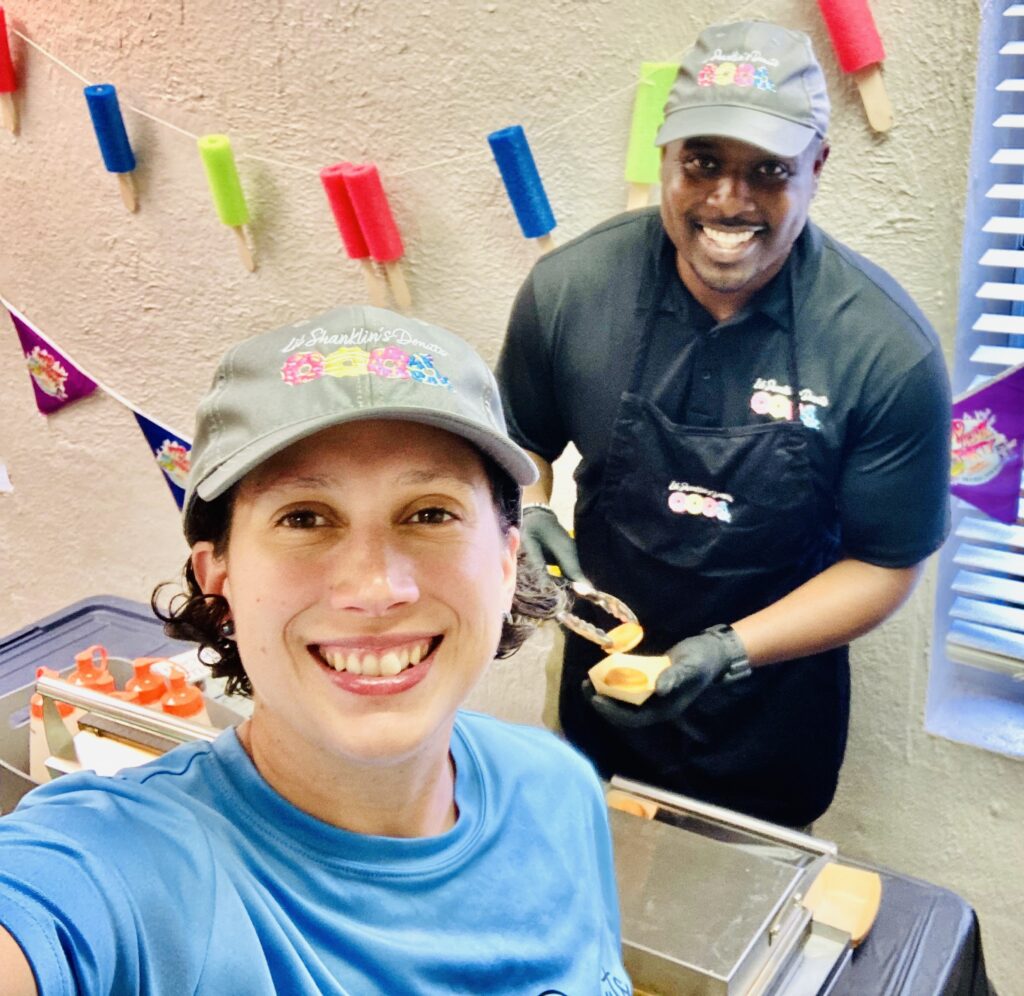Life’s struggle is not an anomaly; it is the very fabric that constitutes our existence. It serves as a reminder that we are living on earth, with challenges and obstacles that are both a defining aspect of our humanity and a reflection of our purpose.
Billionaires and the Paradox of Wealth
An intriguing phenomenon to consider in understanding life’s struggles is the state of the world’s billionaires. Many of them, despite possessing immense wealth, are known to suffer from feelings of emptiness and depression.
The Pursuit of Physical Comfort
The pursuit of wealth often equates to a pursuit of comfort for the body. Luxurious cars, sprawling mansions, gourmet meals – all these provide physical comfort but can leave an individual feeling hollow. The relentless focus on material possessions might even lead to a neglect of the mind and soul, aspects that truly define who we are.

Fulfilling the Mind and Soul
The real goal, as many philosophers and thinkers propose, is not to comfort the body but to fulfill the minds and the soul with the purpose of life. Our purpose is not static; it evolves, changes, and grows as we do. It’s what drives us to achieve greatness, find meaning, and make a positive impact in the world.
Obstacles and Failures
It’s normal to face obstacles, to fail, and to change direction in the pursuit of purpose. In fact, these struggles often guide us to where we need to be. They shape us, make us resilient, and lead us to a deeper understanding of our goals and desires.
The Journey Towards Fulfillment
To many, the idea that billionaires, seemingly having everything, might feel unfulfilled is paradoxical. But it’s a poignant reminder that material wealth does not equate to spiritual or emotional fulfillment.
Finding Purpose
The journey towards fulfillment is not about accumulating wealth but about aligning one’s life with a greater purpose. It requires introspection, understanding of oneself, and a willingness to embrace life’s struggles as opportunities for growth.
Embracing Change and Failure
Being open to change, embracing failure, and accepting obstacles are essential in this journey. They are not signs of weakness but signals guiding us towards our true path.
Conclusion
Life’s struggle is indeed normal, and it is a constant reminder of our earthly existence. It nudges us to look beyond the superficial and focus on fulfilling our minds and souls. It prompts us to find our purpose and to progress toward it, even if it means facing failure and change.
In understanding that even billionaires can feel hollow despite their wealth, we can begin to appreciate that the real treasures in life are not material but intangible. They lie in the pursuit of purpose, in the growth of the soul, and in the recognition that struggles are not hindrances but stepping stones towards a more meaningful existence.





















